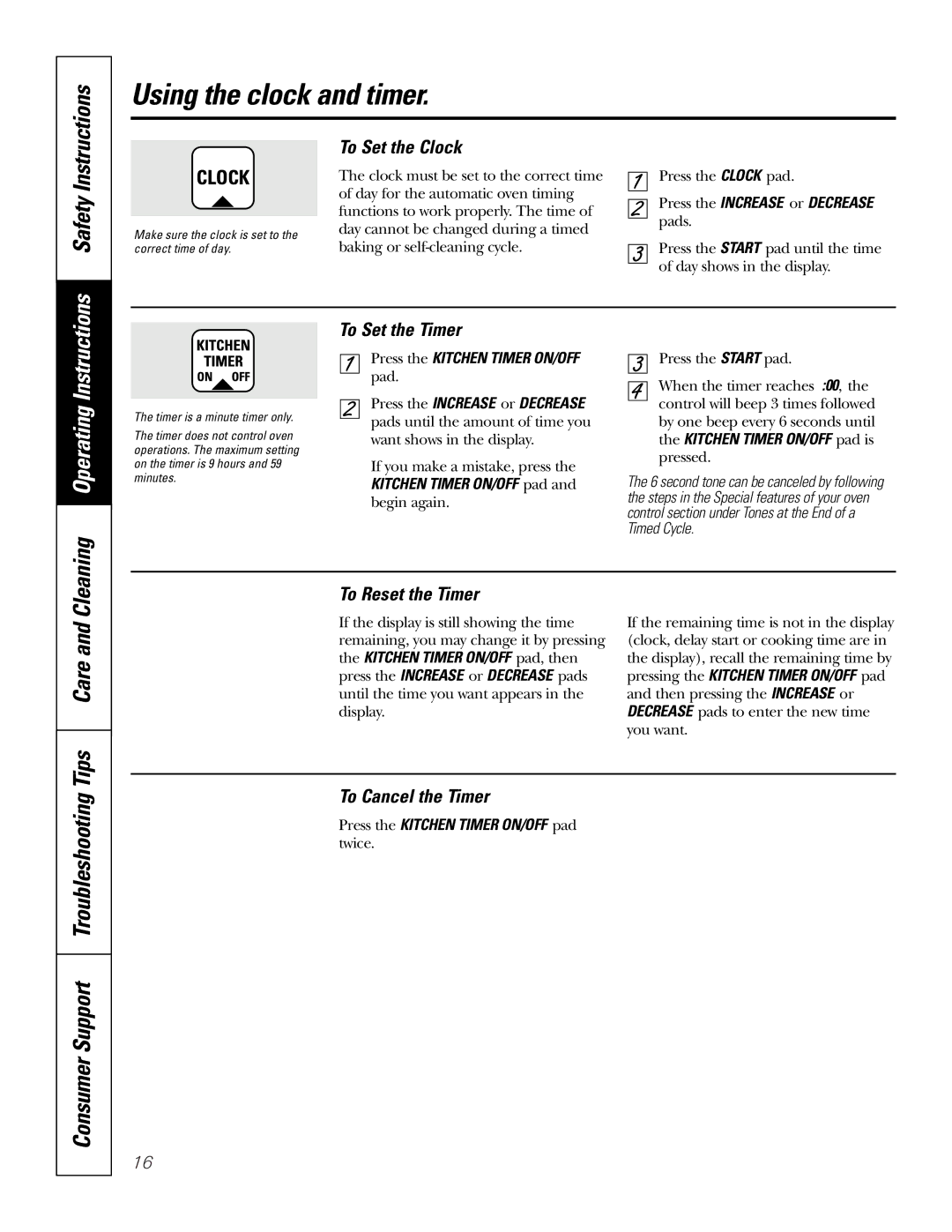JSP26, JSP34 specifications
The GE JSP34, JSP26, JSP31, and JSP28 are cutting-edge jet engine models developed by General Electric, designed to power the next generation of commercial and military aircraft. Each model incorporates advanced technologies and innovative features that enhance performance, efficiency, and reliability.The JSP34 engine is characterized by its high thrust-to-weight ratio, making it ideal for high-performance aircraft. It utilizes a new composite fan blade design that reduces weight while increasing aerodynamic efficiency. The advanced turbofan architecture allows for lower noise emissions and improved fuel efficiency. Additionally, the JSP34 is equipped with smart engine health monitoring systems, enabling proactive maintenance scheduling and minimizing downtime.
The JSP26 model is tailored for regional jets and smaller commercial aircraft. It features a state-of-the-art bypass ratio, providing exceptional fuel efficiency for short-haul flights. One of its standout technologies is the variable area nozzle, which optimizes performance across various flight regimes. The JSP26's modular design ensures easier maintenance and quicker turnaround times, crucial for regional operators.
The JSP31 engine focuses on versatility and adaptability, making it suitable for both commercial and military applications. Its multi-modal operation capability allows for a seamless transition between different mission profiles. The engine incorporates adaptive control technologies that optimize performance based on altitude and weight, ensuring superior operational efficiency. Enhanced materials and thermal barrier coatings contribute to improved durability and longevity, catering to the demands of varied operational environments.
Lastly, the JSP28 is designed with an emphasis on sustainability and the reduction of environmental impact. Its advanced blade materials and aerodynamic shapes contribute to reduced fuel consumption and lower CO2 emissions. The JSP28 engine features noise-reducing technologies that meet stringent regulatory requirements while enhancing passenger comfort. Furthermore, it is compatible with sustainable aviation fuels (SAFs), aligning with global initiatives aimed at fostering greener aviation practices.
In summary, the GE JSP34, JSP26, JSP31, and JSP28 engines represent significant advancements in aviation technology, each tailored to meet specific operational needs while achieving impressive performance metrics, fuel efficiency, and environmental sustainability. As the aviation industry continues to evolve, these engines embody the future of flight with their innovative characteristics and technologies.

